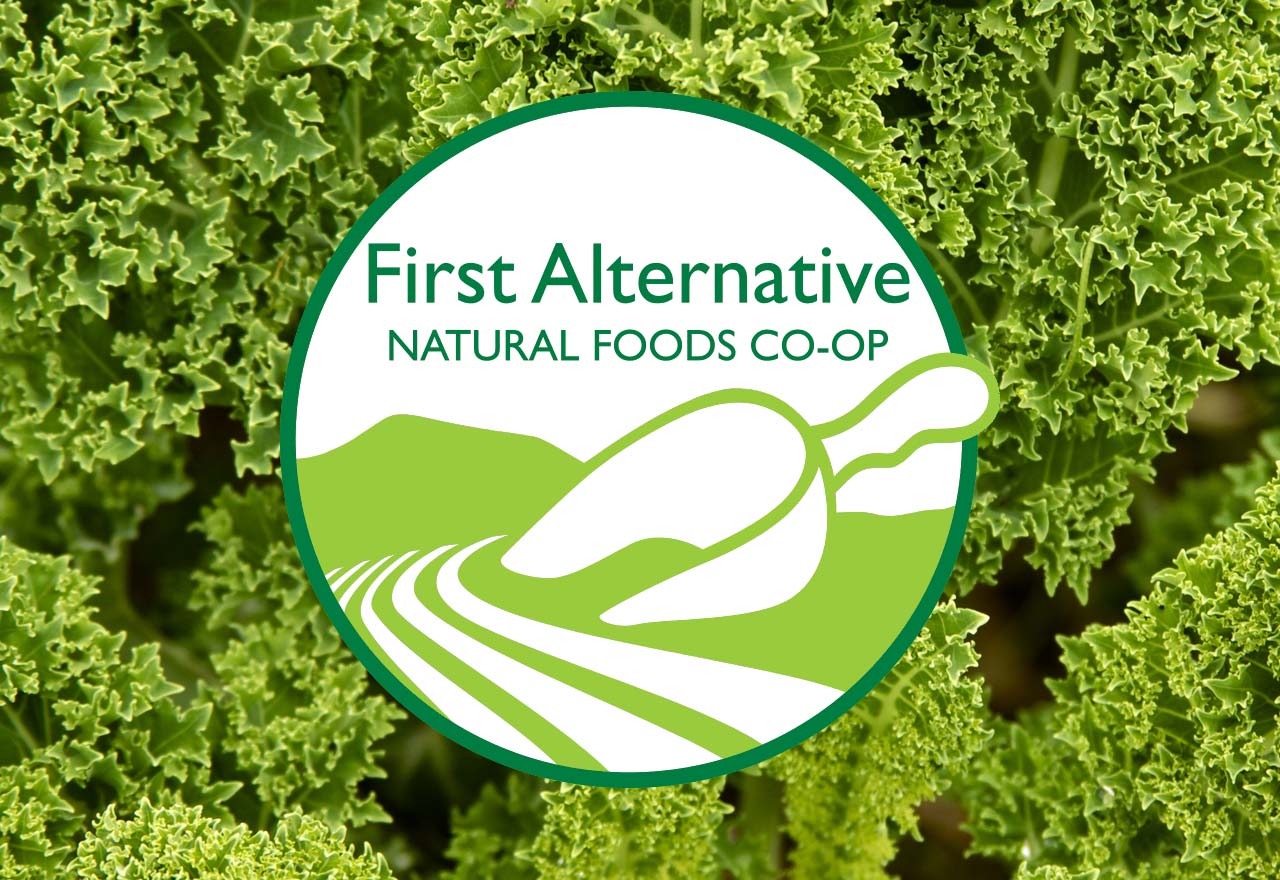
Values-based solutions in a time of need [This article was previously published in the spring issue of the Cultivator, Cornucopia’s quarterly newsletter.] “Concern for community” is one of the seven guiding principles of cooperatives. It’s also at the core of the responses and solutions offered by co-ops throughout the country as they keep their owners and… Read more »

